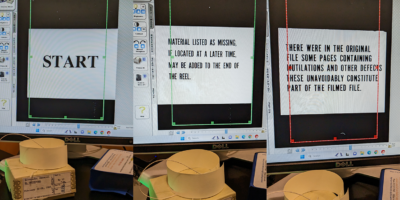By Adele Kudish
Maybe it’s just me, but I rarely find group discussions in a class of 30 students to be particularly productive in terms of universal engagement and participation. The Socratic method can work great one-on-one, but not in a large group. I’m dragging out answers from students, and it can feel artificial and demoralizing for everyone. However, when I give the front of the class over to a small group of students and put them in charge of leading discussion, the whole classroom comes alive. I sink into the back row, while students rise to the task—it’s a privilege to be at the teacher’s table, and classmates don’t want their peers to fail, so the students leading ask thoughtful questions and the discussions tend to be much livelier than instructor-led ones. (I also distribute a handout like this, with guidelines for effectively facilitating—participating in—class discussions.) Students leave the room expressing their love for the course and continuing the discussions—all because I have kept largely silent!
This technique works very well for me, but it does have some shortcomings: not every part of the text that I think is valuable for discussion gets addressed, and sometimes the analysis can be shallow. Plus, it’s a challenge for me to let go of control; I sometimes find myself literally biting my tongue (often because I want to join in on a good argument). Ultimately, though, I find that the benefits to student confidence and engagement far outweigh these downsides. And I do alternate discussions with lectures so we cover the content.
So far I have used this technique in 200 and 300-level courses. I believe that it could also work in lower-level courses where students feel even more put upon and awkward when I directly ask them questions. There is no better way to learn a subject than by teaching it!
Adele Kudish received a Ph.D. in Comparative Literature from the CUNY Graduate Center in 2012 and is an Assistant Professor of English at Borough of Manhattan Community College. She teaches developmental writing, composition, and European and world literature courses.









2 Pingbacks